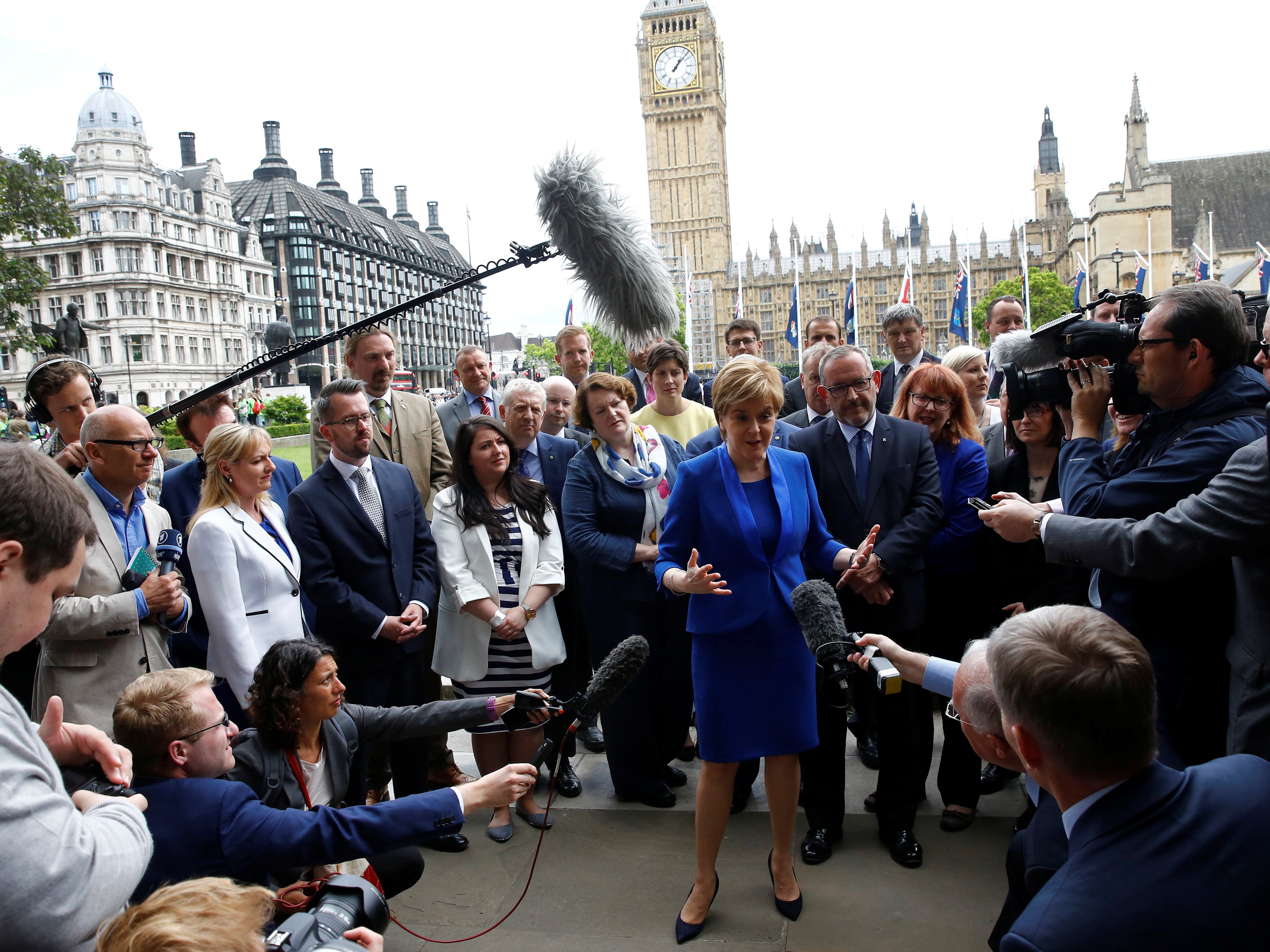
Ever since I became a journalist (20 years ago this autumn) people have been telling me it is a trade that is finished.
In fact it is expanding in ways we could never have predicted two decades ago and political journalism is in some ways at the cutting edge.
The most obvious change is social media, which has two big roles for journalists: a conduit for information and for interaction.
Facebook and Twitter are the source of stories. They are where political parties place their propaganda, their adverts and their campaign messaging.
Twitter in particular is also the quickest way of disseminating news stories and allows journalists to draw attention to quotes, information and stories they have filed. Twitter has taken the place of news wires. There are days when I get 80 per cent of my information from Twitter.
Twitter also links you quickly to sources with whom you would not normally talk. Different opinions make you look at issues from different sides, challenges your pre-conceptions.
In practical terms, it also enables you to get hold of people who used to be uncontactable. Just drop them a DM. Most people will respond.
Newspapers still have a key role in shaping broadcast coverage and showed during the election campaign that they can still prove politically decisive when enough of them take a certain view. But getting into papers is harder than ever as editorial staff continue to shrink.
In Politico, Buzzfeed and Huffington Post there are three established website operations that are taken seriously by the Westminster village.
Politics is sexy and even young people seem interested now. For newspapers with a subscription model like the Times and The Sunday Times, politics is a key driver to attract new customers.
I write the Sunday edition of the Red Box email, I participate in podcasts and Facebook live events all the time. In the old days the only way you could get greater exposure was to do a talking head spot on TV. Now young journalists can build their own brands online.
The platforms may be changing but the skills are the same: getting to know people, asking the right questions, knowing when you’ve learned something new and using your judgment to explain what it means and sell your story to your bosses and the audience.
Whether you’re tweeting, podcasting or writing, this is still the best job in the world.
This article by Sunday Times political editor Tim Shipman was commissioned by MHP Communications as part of its Young Journalist Awards, and is reproduced here with permission.
Picture: Reuters/Stefan Wermuth
Email pged@pressgazette.co.uk to point out mistakes, provide story tips or send in a letter for publication on our "Letters Page" blog
